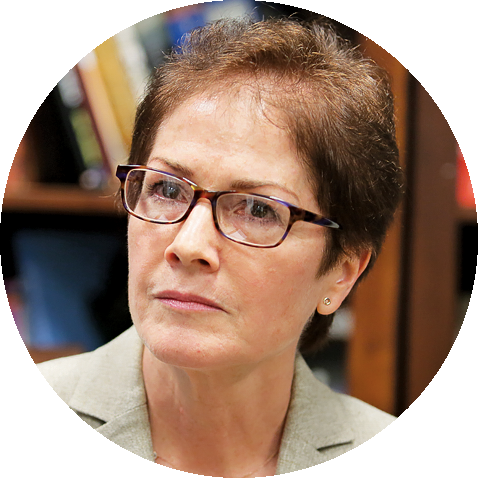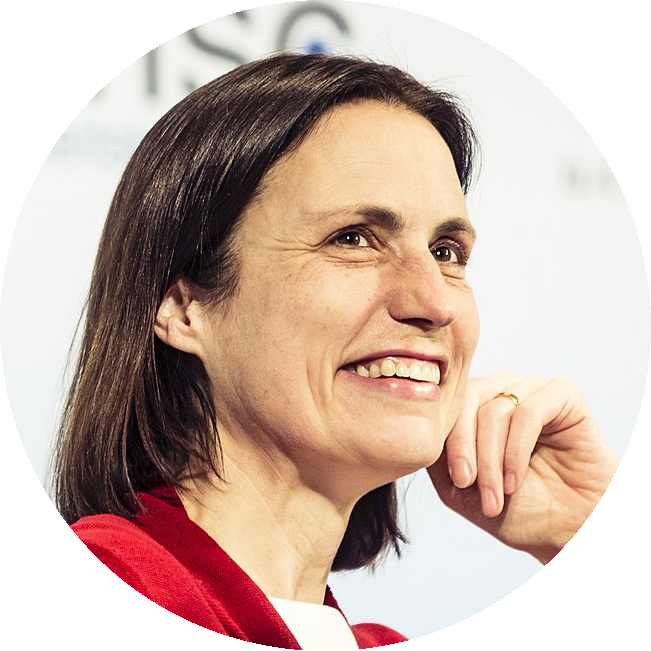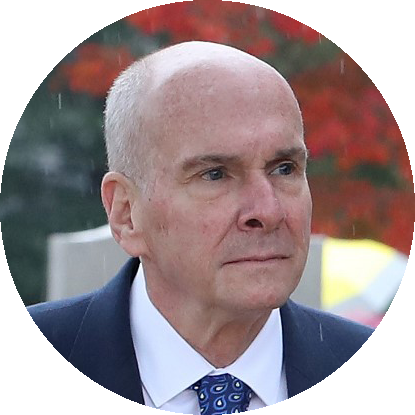The U. S. House of Representatives is moving quickly in its impeachment inquiry regarding President Trump’s pressure on Ukraine to investigate former Vice President Joe Biden, his possible rival in the upcoming 2020 election, regarding his son Hunter Biden’s work for Ukrainian gas company Burisma.
The Trump administration’s push for an investigation culminated in a July 25 phone call with President Volodymyr Zelensky, in which the U.S. president openly requested that his Ukrainian counterpart look into the Bidens and alleged Ukrainian interference in the 2016 election. Later, U.S. media reported that Trump appeared to be conditioning $391 million in military aid and a White House invitation on Zelensky’s willingness to cooperate.
The latest testimonies by a number of former and current U.S. officials have provided insights into the covert foreign policy carried out some members of the Trump administration and led by Trump’s personal attorney Rudy Giuliani.
One of the targets of this campaign was former U.S. ambassador to Ukraine Marie Yovanovitch, whose abrupt removal by Trump was announced on May 18, two days before Zelensky’s inauguration.
 In an opening statement to her testimony on Oct. 12, Yovanovitch said that in late April she was ordered to come back to Washington “on the next plane.”
In an opening statement to her testimony on Oct. 12, Yovanovitch said that in late April she was ordered to come back to Washington “on the next plane.”
When she sought an explanation from Deputy Secretary of State John Sullivan, he told her that Trump had “lost confidence in her” and had pressured the State Department to remove her since summer 2018. Sullivan assured her she “had done nothing wrong” and that there had been “a concerted campaign against her.”
In a flurry of deceitful allegations by then-Prosecutor General Yuriy Lutsenko and picked up by Giuliani, Yovanovitch was accused of disloyalty to Trump and a pro-Hillary Clinton bias, as well as of exerting pressure on Ukrainian officials not to prosecute the Anti-Corruption Action Center, a local anti-corruption watchdog, and other individuals.
Lutsenko has since recanted his claims.
Little-known in the U.S., Yovanovitch was a harsh critic of Ukraine’s sluggish fight against corruption and a strong supporter of establishing independent anti-graft agencies. Her stance earned her the ire of Lutsenko.
NBC News reported that Lutsenko is believed to be the unnamed Ukrainian official who sought to advance his political interests by working with Giuliani’s two associates — Lev Parnas and Igor Fruman — to have Yovanovitch removed from office, according to an indictment by the attorney of the Southern District of New York.
Parnas and Fruman were arrested last week while trying to flee the U.S. and charged with violating campaign finance laws. The indictment by the Southern District of New York alleged that the two Soviet-born Florida businessmen donated hundreds of thousands of dollars to candidates for federal and state office “to buy influence” while concealing the source of the money, part of which came from an unnamed Russian citizen.
This week, two other men named in the indictment were arrested: Ukrainian-born California businessman Andrey Kukushkin and another Florida businessman, David Correia.
Parnas and Fruman organized meetings in Ukraine for Giuliani while pursuing their own commercial interests: selling liquefied natural gas to Ukraine, according to the Organized Crime and Corruption Reporting Project.
In her testimony to the House, Yovanovitch said she did not know Giuliani’s motives for attacking her but suggested that his associates might have viewed the embassy’s anti-corruption policy in Ukraine as an obstacle to their personal business interests.
 Just days after Yovanovitch left Ukraine and Zelensky assumed office, acting White House Chief of Staff Mick Mulvaney held a meeting where he named three people who would be unofficially responsible for Ukraine policy, U.S. media reported. That revelation came from the Oct. 16 testimony of George Kent, the Deputy Assistant Secretary of State who also served as the deputy chief of mission at the U.S. embassy in Kyiv between 2015 and 2018.
Just days after Yovanovitch left Ukraine and Zelensky assumed office, acting White House Chief of Staff Mick Mulvaney held a meeting where he named three people who would be unofficially responsible for Ukraine policy, U.S. media reported. That revelation came from the Oct. 16 testimony of George Kent, the Deputy Assistant Secretary of State who also served as the deputy chief of mission at the U.S. embassy in Kyiv between 2015 and 2018.
Although overseeing policy in Ukraine was officially part of Kent’s duties, he was told to “lay low,” the Washington Post reported, and let Energy Secretary Rick Perry, U.S. Ambassador to the European Union Gordon Sondland and U.S. special envoy to Ukraine Kurt Volker take charge.
Perry led the U.S. delegation at Zelensky’s inauguration on May 20.
Perry also saw Zelensky on June 4 at the U. S. Independence Day dinner hosted by Sondland in Brussels on the Ukrainian president’s first foreign visit. A photo from the event shows Zelensky sitting next to Jared Kushner, Trump’s son-in-law and senior adviser.
 Another witness also pointed to Sondland’s leading role in back-channel diplomacy.
Another witness also pointed to Sondland’s leading role in back-channel diplomacy.
Fiona Hill, former top Russia adviser to the White House, told the House committees on Oct. 14 that Sondland talked about investigating Joe Biden and his son at a July 10 meeting involving Hill, then-National Security Adviser John Bolton and other U.S. and Ukrainian officials, the New York Times reported.
According to a Washington Post report, Hill testified that Giuliani ran shadow foreign policy in Ukraine for Trump’s personal benefit and that she had confronted Sondland about Giuliani’s activities.
Two weeks later, on July 25, Zelensky received the call from Trump.
 Michael McKinley, a former top adviser to Secretary of State Mike Pompeo, reportedly told the House committees on Oct. 16 that he had resigned a week earlier because he disagreed with Trump’s use of U.S. diplomats to pursue his domestic political goals. He was also upset with the unwillingness of the State Department to defend Yovanovitch, the Washington Post reported.
Michael McKinley, a former top adviser to Secretary of State Mike Pompeo, reportedly told the House committees on Oct. 16 that he had resigned a week earlier because he disagreed with Trump’s use of U.S. diplomats to pursue his domestic political goals. He was also upset with the unwillingness of the State Department to defend Yovanovitch, the Washington Post reported.
Sondland began his testimony on Oct. 17. In his opening statement, obtained by NBC News, he said he was directed to talk to Giuliani by Trump at the May 23 meeting and denied any foreknowledge of Giuliani’s agenda.
In several conversations with Trump’s attorney, Sondland said Giuliani emphasized that the president wanted a public pledge from Zelensky to look into anti-corruption issues, in particular, the 2016 election and Burisma.
“I understood that Burisma was one of many examples of Ukrainian companies run by oligarchs,” Sondland said in a statement. “I didn’t know until more recent press reports that Hunter Biden was on the board of Burisma. I do not remember that he (Giuliani) had discussed Joe Biden or his son with me.”
Acting U. S. Ambassador to Ukraine William Taylor has been summoned to testify on Oct. 22 according to the latest reports.
Meanwhile, Hunter Biden gave a rare interview to ABC News in which he admitted that it had been poor judgment to take a job with Burisma while his father was the point person for the Obama administration’s anti-corruption efforts in Ukraine. However, he denied any wrongdoing during his time at the company.
The number of American voters who support Trump’s impeachment has reached 52% according to a Gallup poll released on Oct. 16.
Among Republican politicians, frustration with Trump has been growing following his abrupt decision to withdraw U.S. troops from northeastern Syria, betraying Kurdish allies who are now under Turkish attack and jeopardizing the years-long fight against ISIS.
